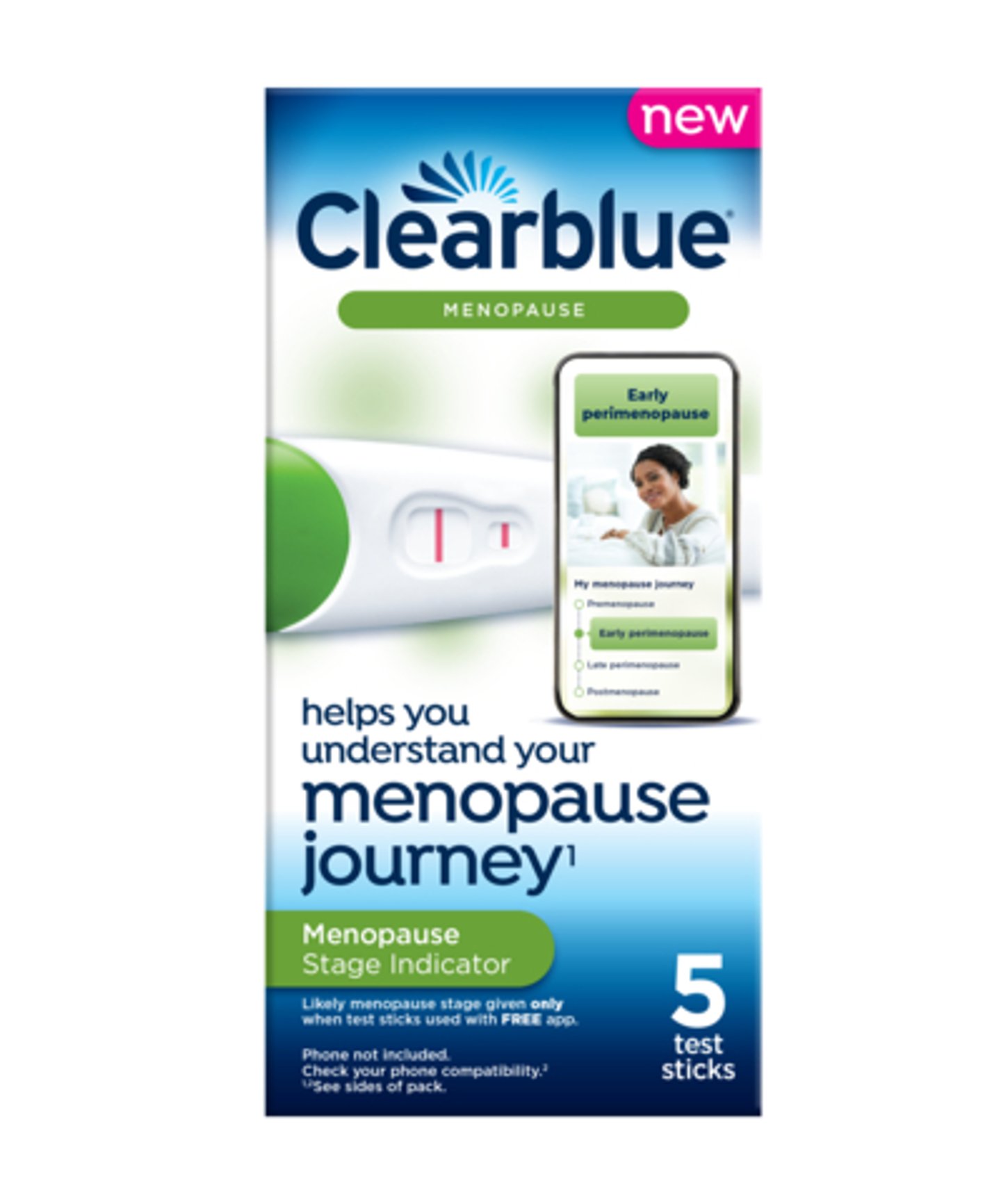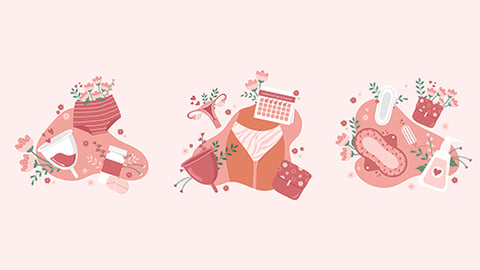A new era in feminine care
For a number of reasons, the global feminine hygiene products market is enjoying a growth spurt. According to a 2023 report from The Insights Group (whose U.S. headquarters is in New York), the market was valued at $26,733.3 million in 2022 and is forecast to register a compound annual growth rate of 3.9% between 2022 and 2030.
One likely growth driver is the emergence of a “new era” in feminine care. “Women today have access to the knowledge and want the tools necessary to take charge of their own sexual wellness and vaginal health,” explained Jody Currie, director of innovation and business development for the vH essentials brand from Lake Consumer Products, a subsidiary of Pharmacal, Jackson, Wis. “There is a desire to shed the embarrassment historically associated with her period, her sex life and her vaginal health in pursuit of the best version of herself.”
Clamoring for ‘Clean’
In this new era of feminine care, many women also are demanding “cleaner” feminine-care products. As Deeannah Seymour, CEO and co-founder of Nashville, Tenn.-based pH-D Feminine Health, pointed out, interest escalated during the COVID-19 pandemic.
“Many people embarked on a healthier lifestyle that included incorporating products into their routines that are naturally derived and holistic, but are also effective and backed by clinical data,” Seymour said. In line with this trend, Seymour’s company recently introduced boric acid vaginal moisturizing gel. The product, available exclusively at Walgreens stores, features hyaluronic acid and vitamin E to alleviate dryness and discomfort commonly experienced by women during menopause, postpartum recovery and other “feminine health journeys.”
Kecia Gaither, M.D., a double board-certified physician in OB/GYN and Maternal Fetal Medicine and director of Perinatal Services/Maternal Fetal Medicine at NYC Health + Hospitals/Lincoln in New York, agreed there’s heightened interest in clean ingredients.
[Read more: Always Discreet, Taraji P. Henson tackle unaddressed perimenopause symptoms]
“I think there has been a scientifically based media drive to understand and acknowledge the existence of the vaginal microbiome and how that plays into many things—from a baby’s immunologic competence post-vaginal birth to vaginal health,” she said. “With that being said, products which have chemicals, perfumes, deodorants or powders aren’t readily desired for vaginal health as they may irritate and/or alter the vaginal microbiome, [leading] to increased incidence of vaginal infections like bacterial vaginosis or yeast infections.”
The Summer’s Eve brand from Tarrytown, N.Y.- based Prestige Consumer Healthcare tapped into the clean trend with the summer 2023 launch of its travel collection. The travel-sized collection includes the Refresher mist, Simply Sensitive wash and individually wrapped Sheer Floral cleansing cloths. According to the brand, the products are “gynecologist tested, gentle enough to use every day and free from dyes and parabens.”
Prioritizing Sustainability
The environment also is top of mind for many women when it comes to feminine-care products. A recent influx of sustainable products such as menstrual cups, discs and period underwear aims to meet their needs.
Such products also help to lessen the financial burden of feminine-care products, Gaither suggested, as they “pay for themselves after a few weeks or months.” Heather Hughes—group vice president and general merchandise manager, beauty, personal care and seasonal for Deerfield, Ill.-based Walgreens—noted that it is seeing more customers add these types of reusable products to their basket to reduce their environmental impact.
What’s more, products to make such items easier to use are now available, said Trisha A. Miller, Pharm.D., MPH, BCACP. Miller is supervisor, Pharmacy Ambulatory Services for Pittsburgh-based UMPC and University of Pittsburgh Schools of the Health Sciences.
“Steamers are now available to sterilize cups [and] discs instead of having to boil in water on the stove,” she explained. “Products, disposable and reusable, have also evolved to include more diverse options related to size, firmness, materials, shapes, etc.”
Seeking Life-Stage Solutions
More informed than ever, today’s women also want feminine-care products that help them manage their vaginal health through various life stages. “An emphasis on odor-eliminating feminine hygiene is more central in the 20s, 30s and early 40s, when menstruation and sexual activity can frequently cause a shift in the vaginal microflora, resulting in elevated pH and increased vaginal odor,” Currie explained.
Younger consumers also are “doing a great job” when it comes to educating themselves about the importance pH-balanced products play in vaginal health, Seymour added. But when a woman transitions through menopause and beyond, her focus might be more on vaginal “hydration, lubrication and conditioning to support continued comfort and healthy sex as she ages,” Currie noted.
[Read more: Beyond pregnancy care]
Speaking of menopause, the Clearblue brand from Cincinnati-based Procter & Gamble introduced its Menopause Stage Indicator last summer. It is touted as “the first and only product to combine a woman’s urine FSH (follicle-stimulating hormone) measurements with her age and cycle history to indicate her likely menopause stage.” Walgreens recently launched the product in stores.
“The reception by our customers has been amazing,” Hughes said. “Clearblue Menopause Stage Indicator will indicate the likely menopause stage as premenopausal, early perimenopause, late perimenopause or postmenopause. This product delivers exceptionally well when it comes to accuracy, which is a top priority for consumers and Walgreens.”
Addressing ‘Period Poverty’
There’s good news and bad news when it comes to the menstrual-care product space. The good news? There’s plenty of innovation tied to cleaner and more sustainable formulations. The bad news? Many people struggle to afford menstrual-care products.
Woonsocket, R.I.-based CVS Health has been working to raise awareness of the affordability issue—what’s commonly known as “period poverty.”
“We believe that period health is part of holistic health and well-being for women of all ages and backgrounds,” said Sasha Harris, CVS Health’s director of merchandising, women’s health. “In 2022, CVS Health took bold actions to make period products and care more accessible, like reducing the cost of store-brand period products by 25%-plus, paying the tax on menstrual products on behalf of customers in certain states, helping to eliminate state taxes on menstrual products and increasing access to menstrual care by offering new services at MinuteClinic and virtual care.”
The retailer built on that work in 2023 by donating period products—up to 1,000,000— to Feeding America through a “buy one, donate two” program tied to CVS Health brand products, she added. It also created the First Period Box to educate young women on, and prepare them for, the onset of menstruation.
“The work is part of our broader ‘HERE, Healthier Happens Together’ initiative, which focuses on supporting women’s health,” Harris explained.







